This Man Made Superheroes Legal Again— And That’s Exactly Why They Hate Him
With Censorship, Political Correctness and Identity Politics, The Democratic elites outlawed greatness and Constitutional Principles. He brought it back unapologetically for all of us.
Recently I watched Incredibles 2 with my daughter. If you haven’t seen it in years, watch it again — not for your kids, but for yourself. It’s not a children’s movie. It’s a political allegory. The core conflict isn’t between good and evil, but between individual greatness and institutional control.
In the movie, superheroes — once celebrated — are outlawed, hidden, and shamed. Sound familiar? The cultural message today isn’t “be exceptional,” it’s “stay in line.” And here’s the truth: for decades, Republicans have been the utter losers in shaping public perception around individualism and limited government. Democrats, on the other hand, have mastered perception — branding collectivism as compassion, normalizing government control as moral progress.
Trump has been a Democrat ally, and he understood something the GOP establishment never did: You don’t win in America by making policy arguments. You win by reshaping the narrative. That’s exactly what he did. Trump didn’t just run for office — he ripped open a cultural curtain, stood in the spotlight unapologetically, and said what everyone else was too afraid to say. That made him the first “super” in modern political memory. He didn’t ask permission. He acted coarse — that the GOP would never do, and Democrats’ successful character assassination tactics on Mitt Romney lost 100% strategic effectiveness. They have to switch to illicit route as their political strategy: censorship, law fares, and assassination.
Trump Found Guilty on 34 Criminal Accounting Charges – No CPA Expert Witness Present. What Went Wrong?
When lips deceive, numbers don’t leave.
The Democratic Party has self-appointed as the “moral designers” of America’s elite institutions, had long controlled the public narratives — through media, academia, Hollywood, and increasingly, tech platforms. For years, they curated speech, redefined values, and reshaped truth itself. Trump kicked the door in.
He didn’t just know the elites — he funded them. He was at their dinners. He was a family friend of the Clintons. He was on their donor lists. He partied with and made Hollywood stars. They saw him as one of their own, and never saw Trump, a loud party animal but a quiet observer, was coming as a “traitor”, with deep knowledge their own language and tactics.
That tells you two things about the man:
He stayed sober while the rest of the elites got drunk on power.
Trump walked among them, but he never bought into the delusion. He didn’t worship at their altars of globalism, identity politics, and media control. He didn’t play their guilt games. While others sold their principles for access, applause, and institutional legitimacy, he kept his moral clarity. That’s why he’s dangerous to them. He was on the inside, and he still chose to fight for the outside.
Hell-Bent Resolve, Immune to Influence
Today’s political commentators think their clever arguments — the ones that made them podcast stars and public influencers — can sway Trump the same way they sway their audiences. But that’s not how this works. Trump listens carefully, yes. But he’s a cautious decision-maker — one who can’t be easily influenced by anyone. He knows every decision carries risk, and he’s not afraid to admit when he’s wrong. But once he makes a call, he moves forward decisively — and keeps reevaluating based on results, not opinions.
Barack Obama, in contrast, wasn’t just a politician — he was a performer. A master of cadence, image, and calculated ambiguity. For eight years, he used that charisma to build a cult of personality so powerful that it insulated him from criticism and turned disagreement into moral offense.
He made a ground breakthrough— He didn’t unite America — he divided it. Race, class, and gender became permanent lenses, not problems to solve. Under his leadership, the federal government expanded not just in size, but in ideological enforcement — schools, corporations, media, and even churches were quietly nudged into compliance with identity-based narratives.
In the Incredibles world, heroes were forced into hiding — not because they failed, but because their excellence made others uncomfortable. That’s exactly what happened to Officer Darren Wilson. He acted in self-defense during a violent struggle, and Obama’s own DOJ confirmed it with an unnoticeable forensic report (Department of Justice Report Regarding the Criminal Investigation Into the Shooting Death of Michael Brown by Ferguson, Missouri Police Officer Darren Wilson, March 4, 2015). But facts didn’t matter. The narrative — “hands up, don’t shoot” — was too useful. The media crowned Michael Brown a martyr, celebrated Black Lives Matter burning down Ferguson and the terrorist leaders DeRay Mckesson and Brittany Packnett was invited to the White House in February 2016, painted as prominent figures of civil movement.
Officer Wilson was vilified, abandoned, and erased. A real-life superhero destroyed not by the enemy, but by the very system he served. Just like in the movie.
During the dark years, you couldn’t say “Islamic terrorism” even after the San Bernardino shooting in 2015, when a radicalized Muslim couple killed 14 people and injured 22 more in California. Obama refused to use the term “Islamic terrorism,” calling it counterproductive — a rhetorical choice that became policy, as intelligence reports were scrubbed of religious motives and FBI briefings were censored to avoid “offending communities.”
In 2015, a high school teacher in Irving, Texas, was vilified for reporting a suspicious-looking device brought to school by a student — a clock that resembled a bomb. The media turned it into a civil rights story overnight. Obama invited the student to the White House before any investigation concluded. The teacher? Smothered in public shame. That incident sent a chilling message: safety concerns take a backseat to narrative control.
The good-faithed error that anyone under the circumstances may make, becomes the weapon of characters assassination and be convicted with hate crime without dual process.
June 12, 2016 — A mass shooting at an Orlando nightclub in the early hours of Sunday, June 12, 2016, leaves 50 people dead, including the gunman, and more than 50 injured. The shooter is identified as Omar Mateen, 29, who entered the nightclub armed with an assault rifle and a pistol. According to authorities, Mr. Mateen pledged his allegiance to ISIS via a 911 call from inside the nightclub. This massacre is the deadliest mass shooting on U.S. soil.
October 31, 2017: On Tuesday, October 31, 2017, a man drove his rented Home Depot truck near the World Trade Center in New York. The driver, Sayfullo Habibullaevic Saipov, plowed his vehicle into pedestrians along the West Side Highway bike path, killing eight and wounding another eleven. Sources say a note in the truck claimed this attack was for ISIS.
Then…the slogan “If you see something, say something” was registered as a trademark and copyright to avoid political prosecutions. The American institution has lost its basic function to protect people with good-faith and the innocent against crimes.
And when Obama sent $1.7 billion in cash to Iran, quietly flown in via pallets on a plane, the administration spun it as a “legal settlement” — conveniently timed with the release of American hostages. The truth? It was part of a broader, deeply controversial Iran nuclear deal that lifted sanctions and injected new life into a regime that chants “Death to America.” Any serious pushback was smeared as warmongering or Islamophobic.
Then came the “bathroom directive” in 2016 — a Department of Education mandate threatening to withhold federal funding from schools that refused to let transgender students use bathrooms matching their gender identity. This wasn’t grassroots. It wasn’t democratic. It was top-down social engineering, issued by executive fiat, not congressional debate. Any parent, teacher, or official who questioned it was painted as bigoted.
Americans raised concerns. Obama dismissed them. He didn’t address the substance — he framed dissent as racism. “It’s not just a matter of it not being polite to say ‘n*****’ in public,” he said in 2015. “That’s not the measure of whether racism still exists.” When people resisted his policies, the narrative shifted: “America just isn’t ready for a Black president.”
Criticism became taboo. Policy debates became moral traps. And disagreement was pathologized — if you didn’t support the agenda, you weren’t just wrong. You were a problem.
That’s how Obama used his charisma: not to elevate the country, but to elevate himself and inoculate his policies from accountability. It wasn’t leadership. It was performance — backed by bureaucracy, media echo chambers, and fear of social exile.
Then, the moment came. Trump descended the golden escalator and declared war.
He didn’t try to reform the Democrats from within. He didn’t run as a blue-state centrist. He declared war as a Republican, running against everything the Democratic Party had become: a corporate-masked machine for narrative control and power consolidation.
He faced the most coordinated smear campaign longer than the World War II, and he is still standing.
True leadership is not what today’s Ivy League schools teach, where debate is staged and outcomes are managed. A true leader inspires the honest. The kind that doesn’t just defeat enemies — it defeats the internal fear that keeps people silent and compliant, and inherent weakness in human natures.
Today, Trump surrounded himself with his former haters who were capable of adjusting their opinions when they sees the deeper dynamics of the official design of messages about Trump, and he never hold grudges against his former critics, including Vice President Vance. This is not because Trump got softer, but because wise people honoring integrity have the courage to admit they were wrong about Trump before, as they started to see through the well-designed noise.
They saw a man with staying power, principle, and guts. They realized he wasn’t fighting for himself — he was fighting for something they forgot they had a suppressed desire: make supers legal again!
That is every single one of us.
But the elites — especially the ones who once smiled at Trump over dinner tables, called him a friend, took his money — now hate him to guts. Why? Because he didn’t just leave their club. He exposed it. He reminded them of what they could never be: morally clear, unshakably grounded, and willing to stand alone.
That’s why they hate him. That’s why he’s still leading. And that’s why the rest of us — the so-called “normals” — are waking up to who we really are as Americans. While the ruling class runs the country like it’s some private club, the rest of us are remembering what they tried to erase: the “deplorables,” the “uneducated,” the forgotten men and women who clinging onto their Bibles and guns — we are the foundation of this nation of the people, by the people, and for the people — and no amount of media spin, institutional control, or elite scorn can replace the word “people” with “elites” or “government”.






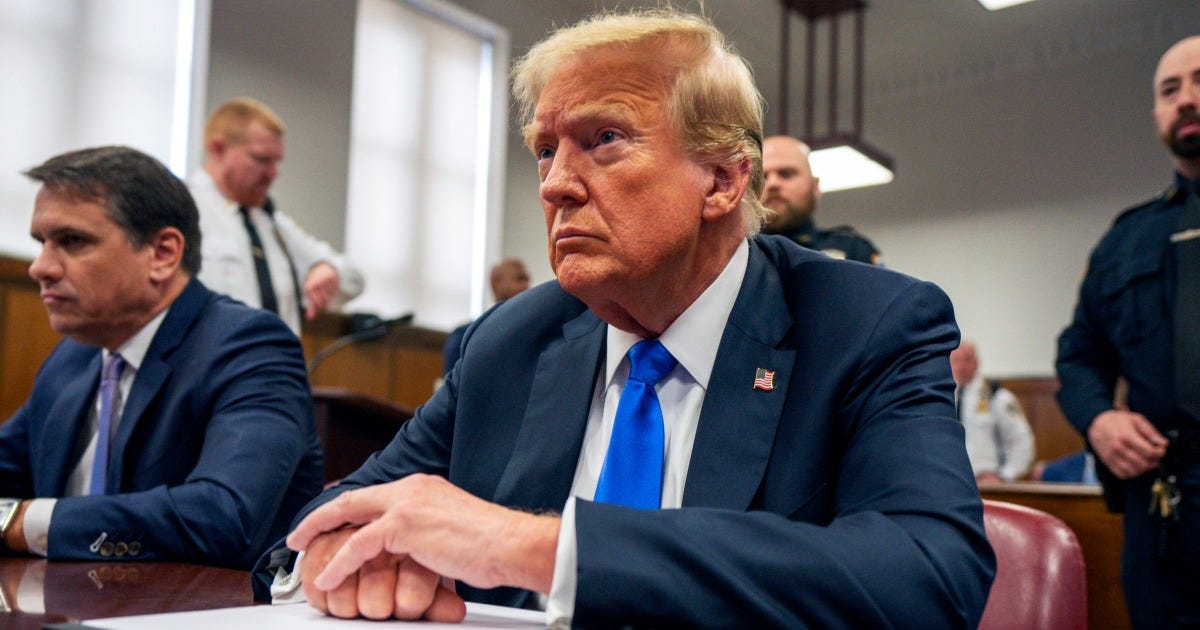
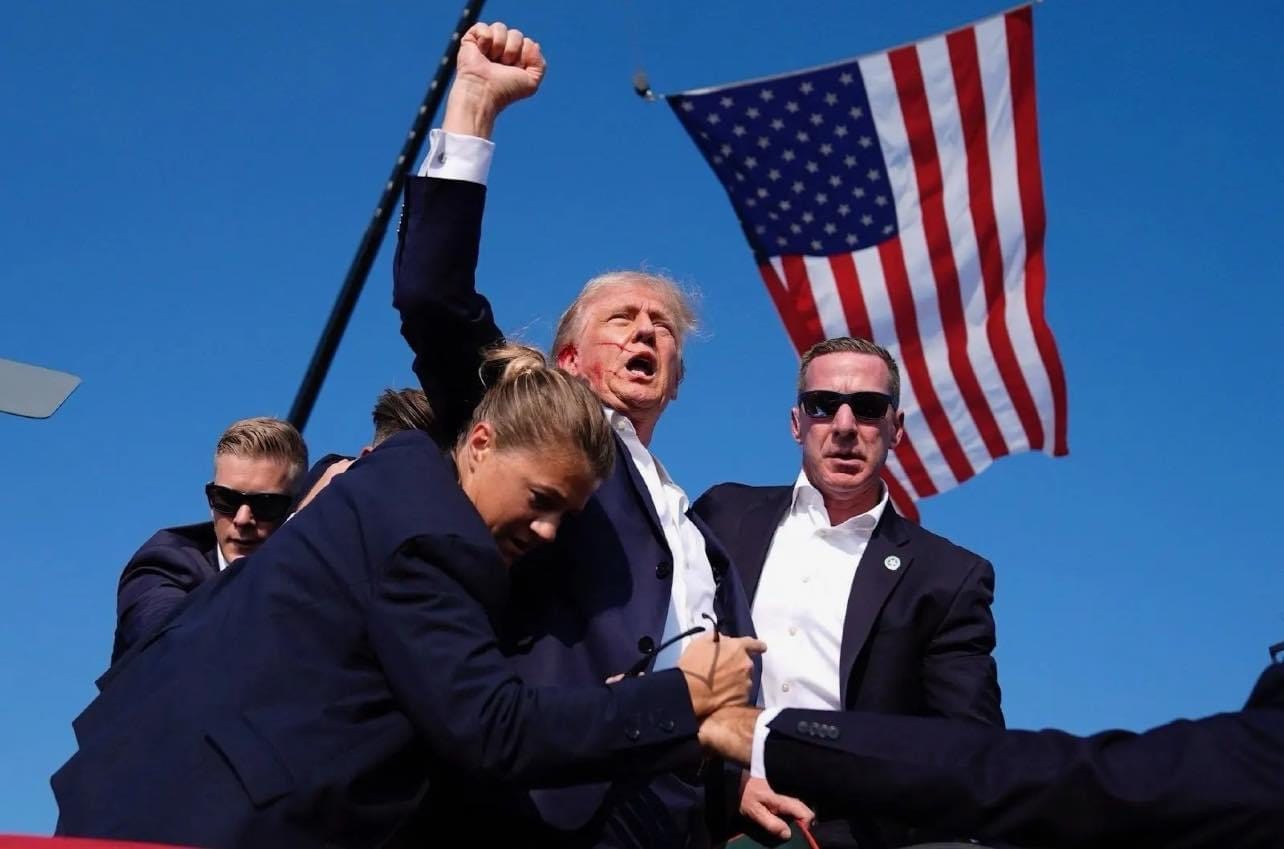
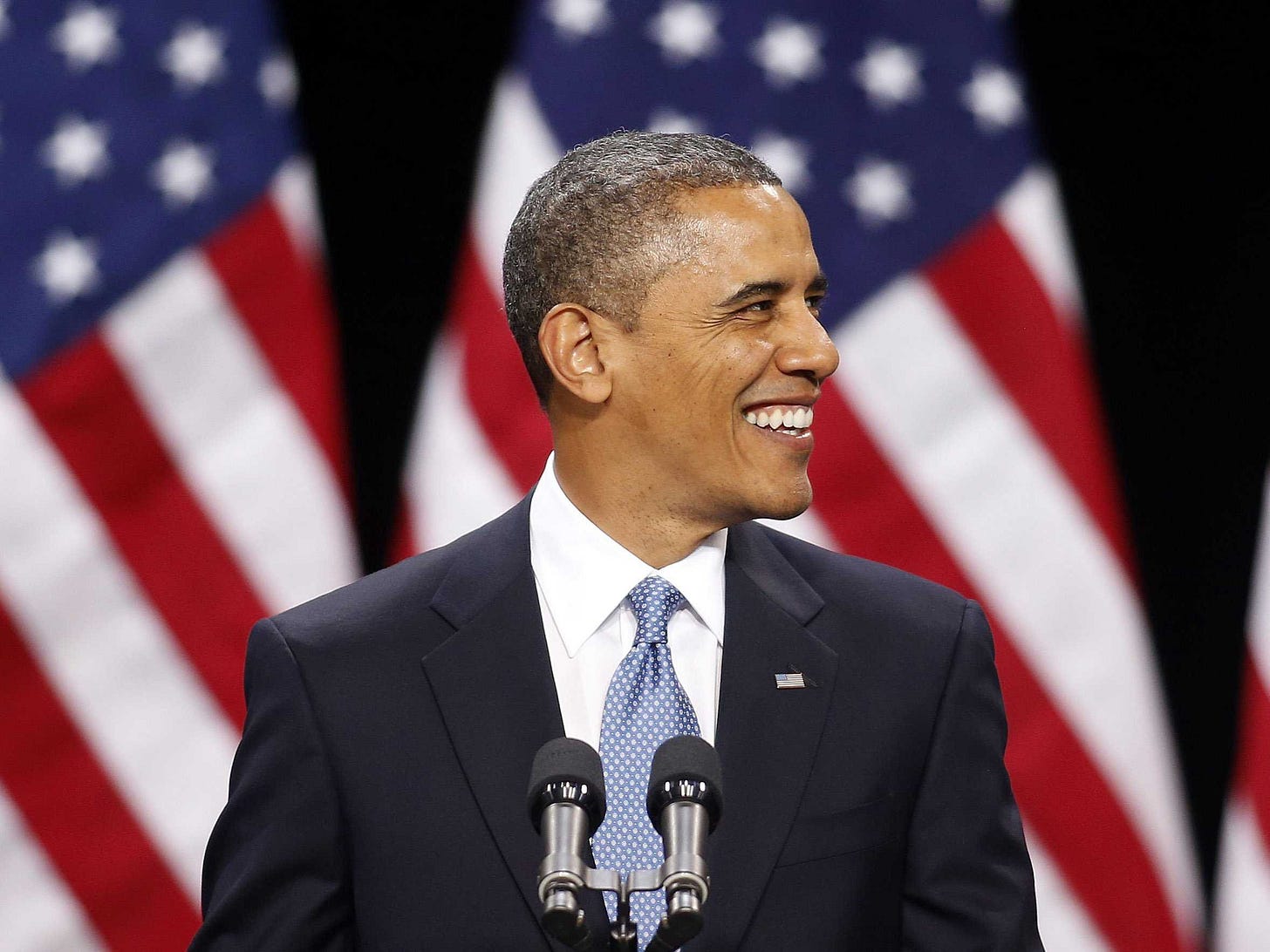
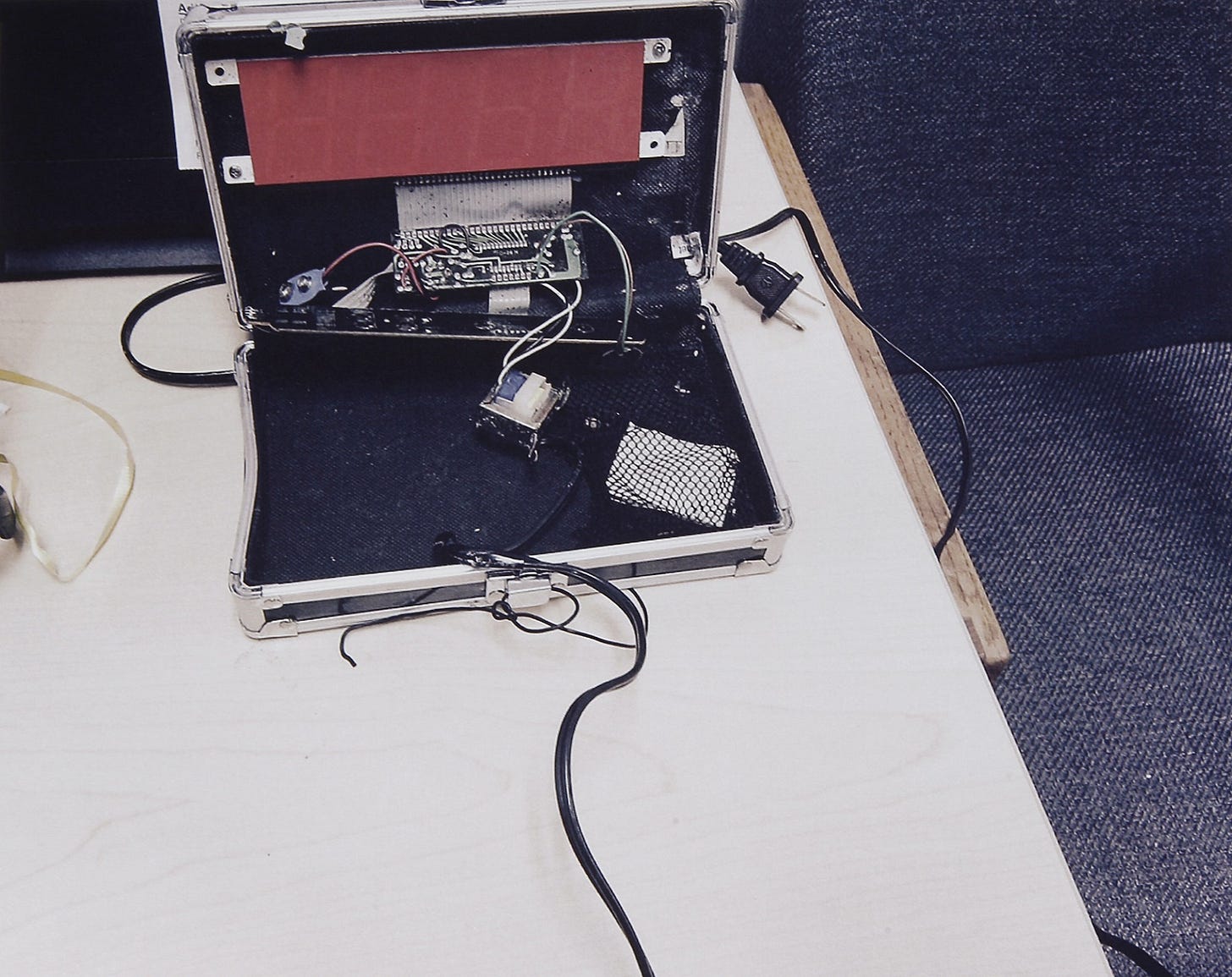
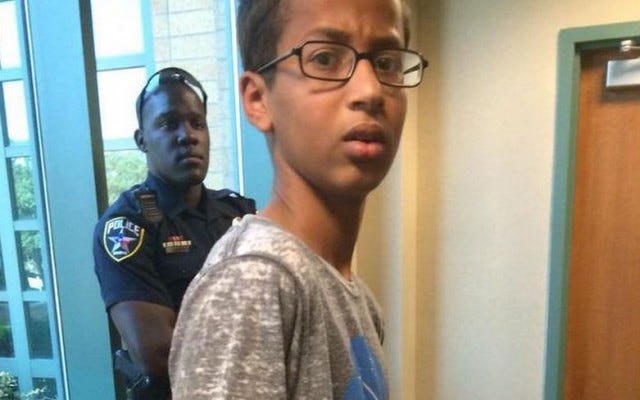
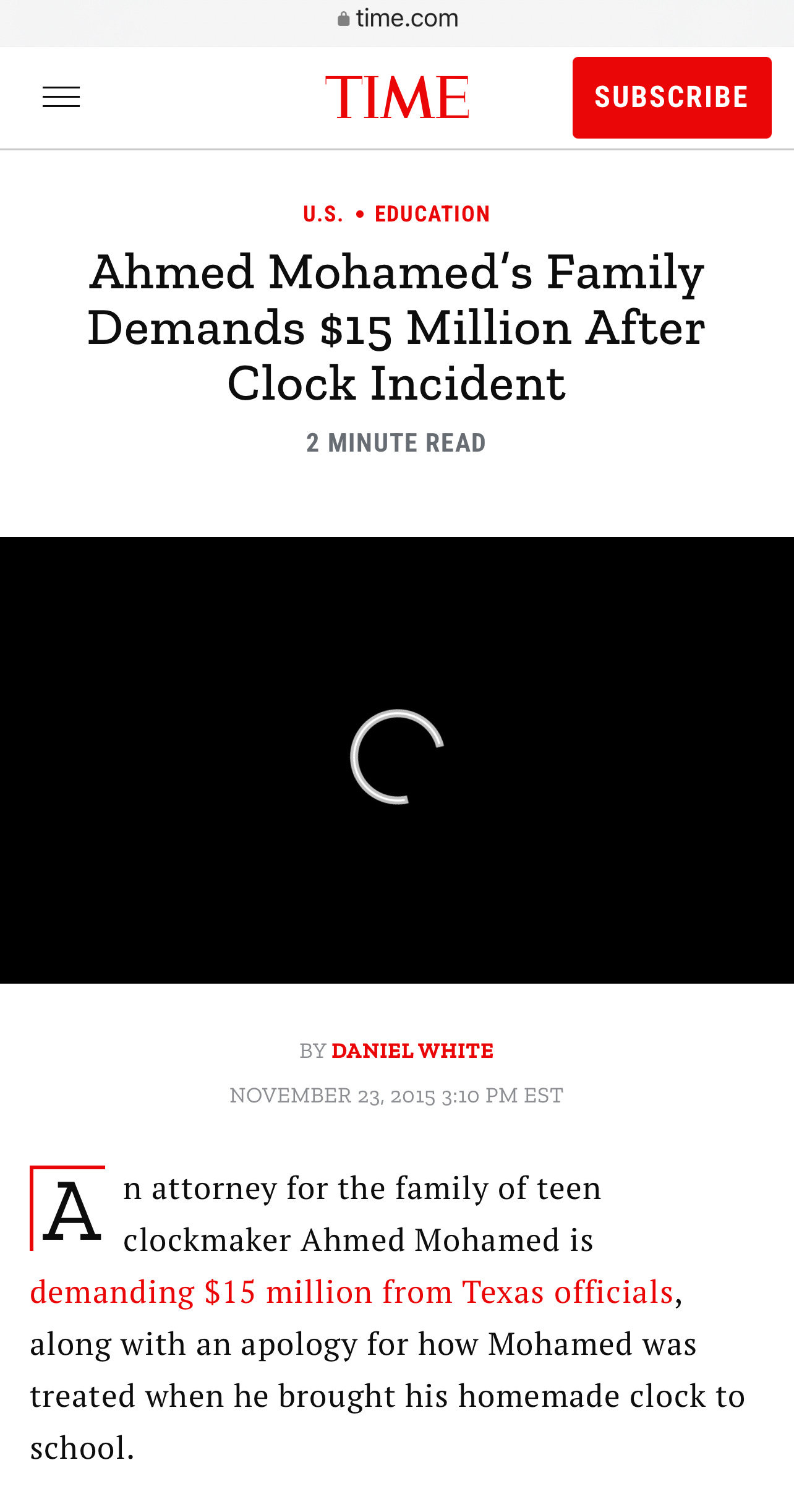
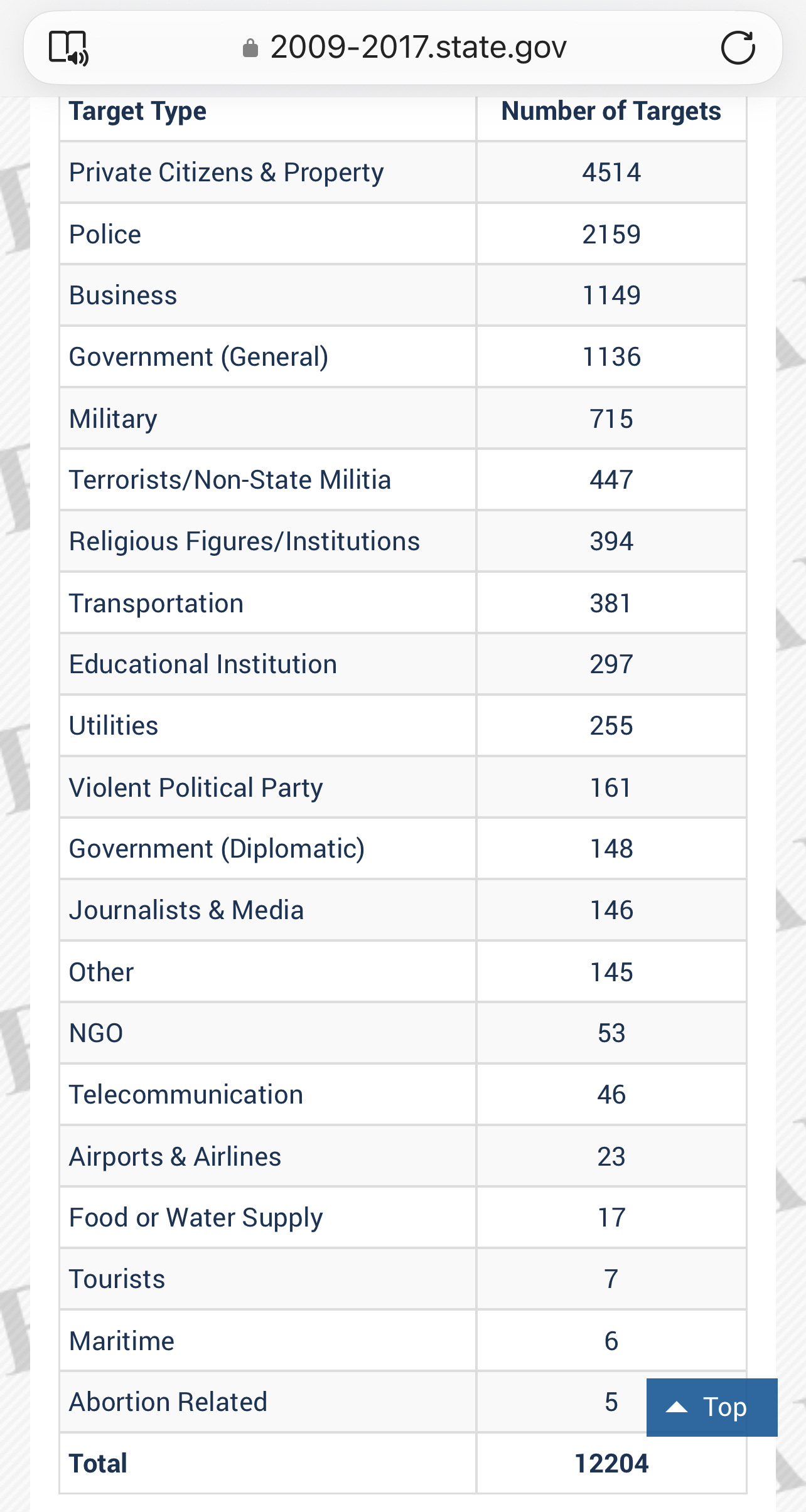
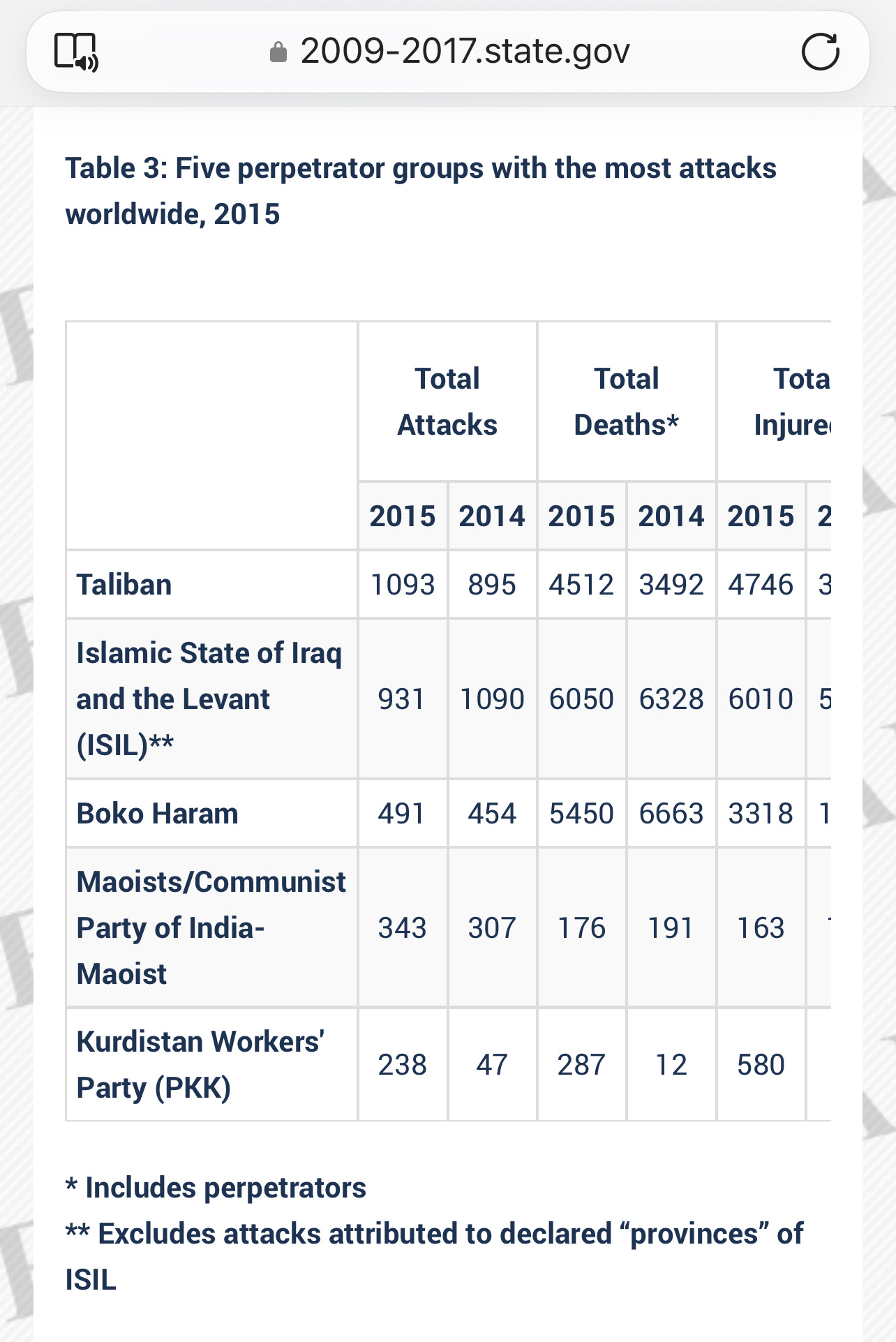
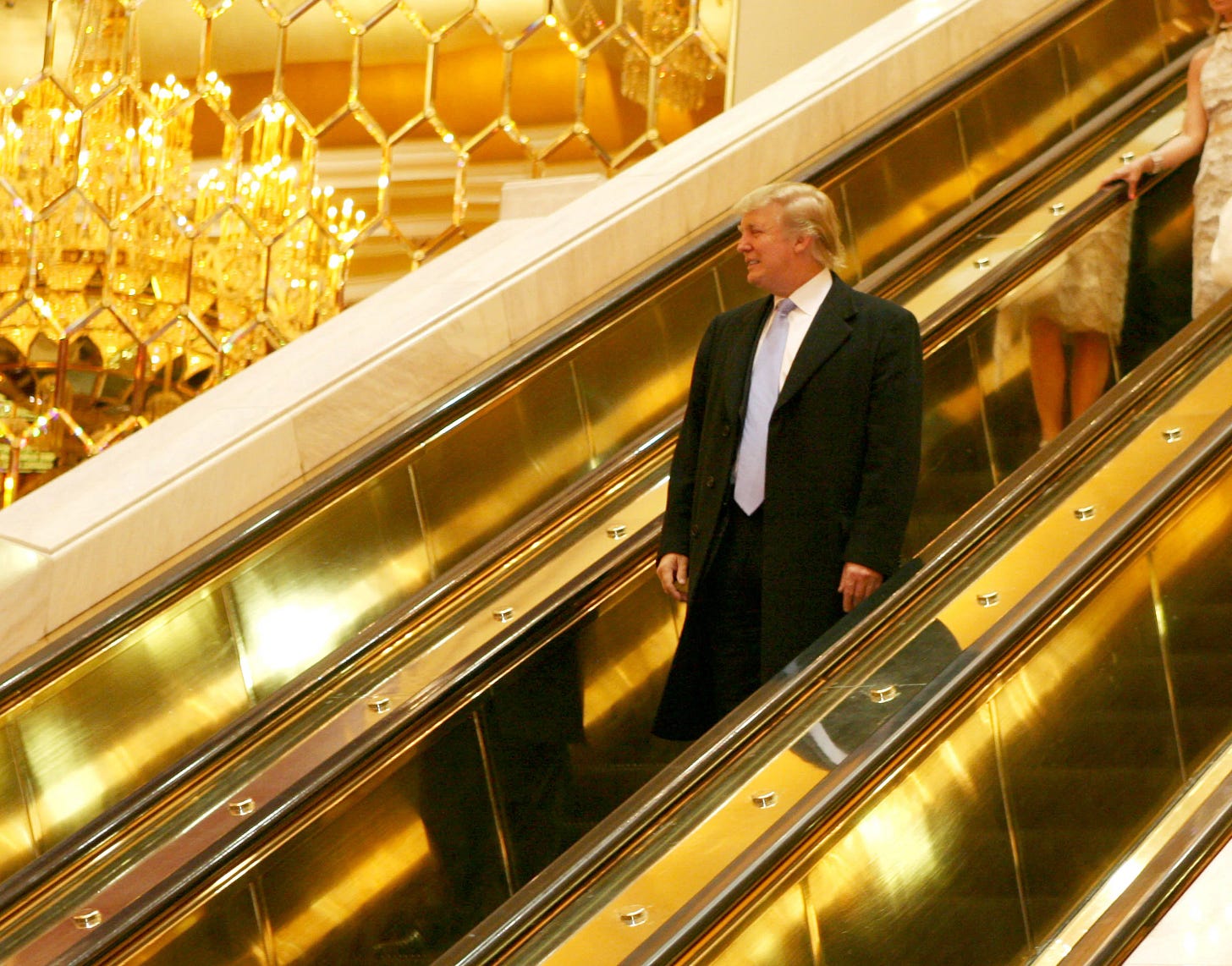
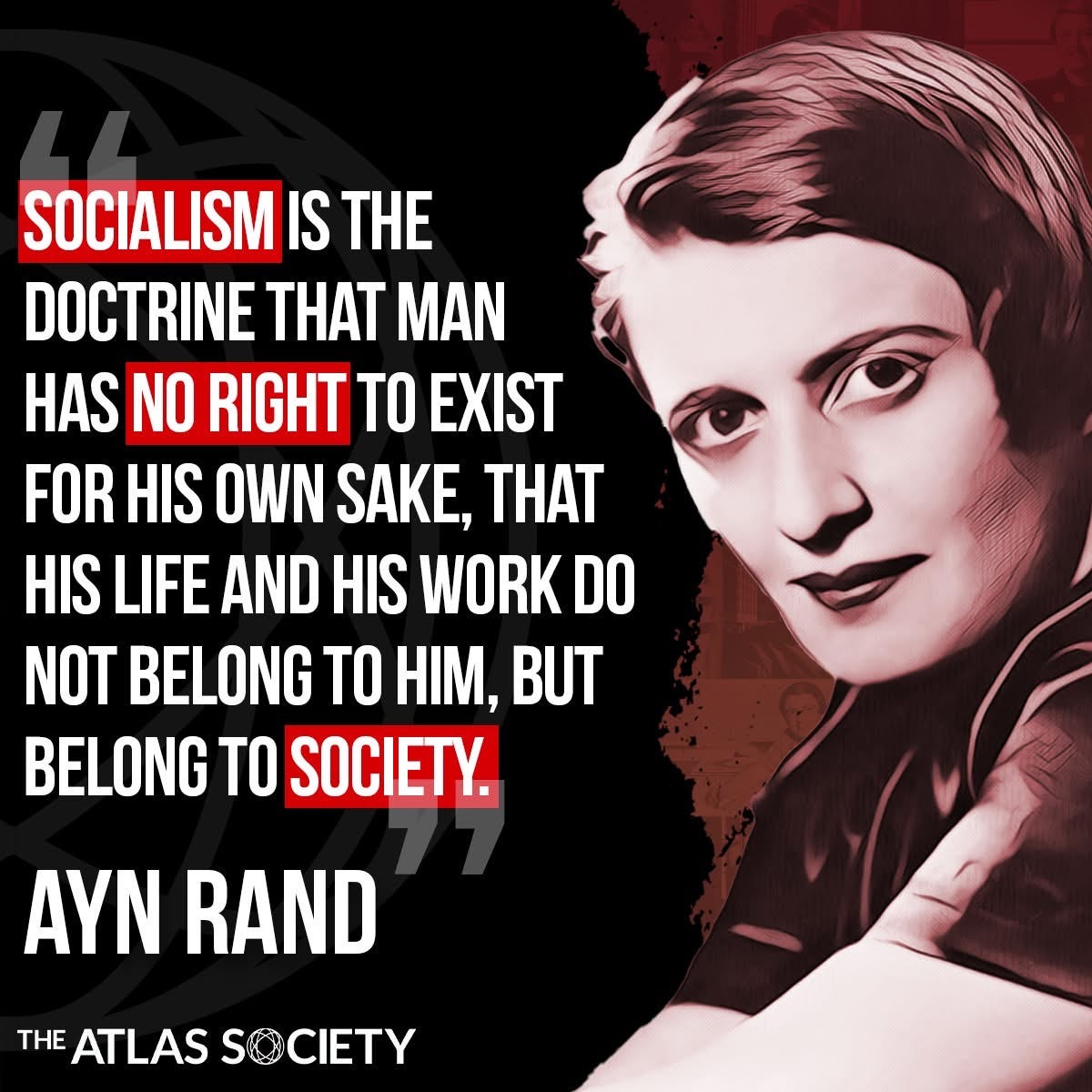
Absolutely nailed it. Incredibles 2 was a better political parable than most op-eds in The Atlantic. The left sells collectivism as virtue and demonizes individual greatness as selfishness. Trump flipped that script. He reminded people that the “supers” weren’t villains—they were silenced by a system afraid of independent power.
Nice post! Appreciate the focus on excellence and calling out the leftist/Obama cabal effort to create division, silence opposition, and impose their communist view of society on this nation.